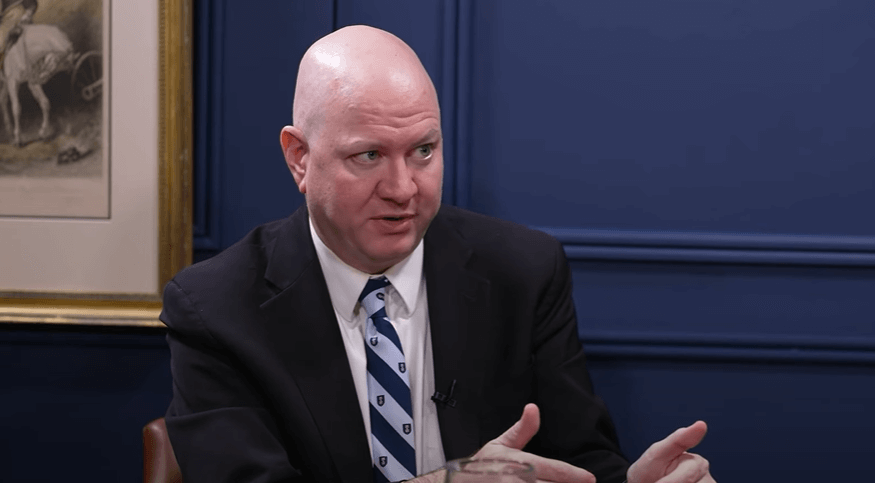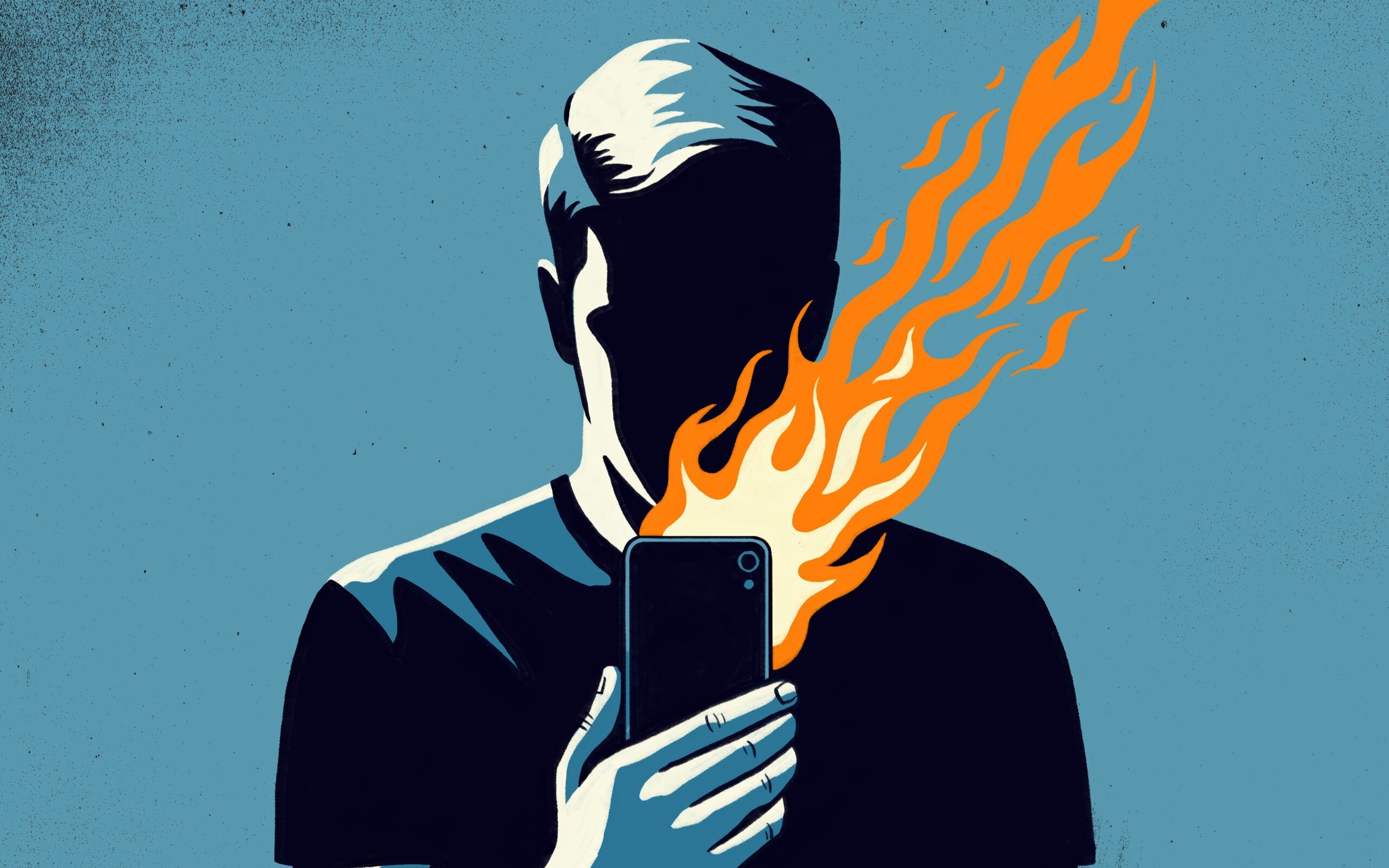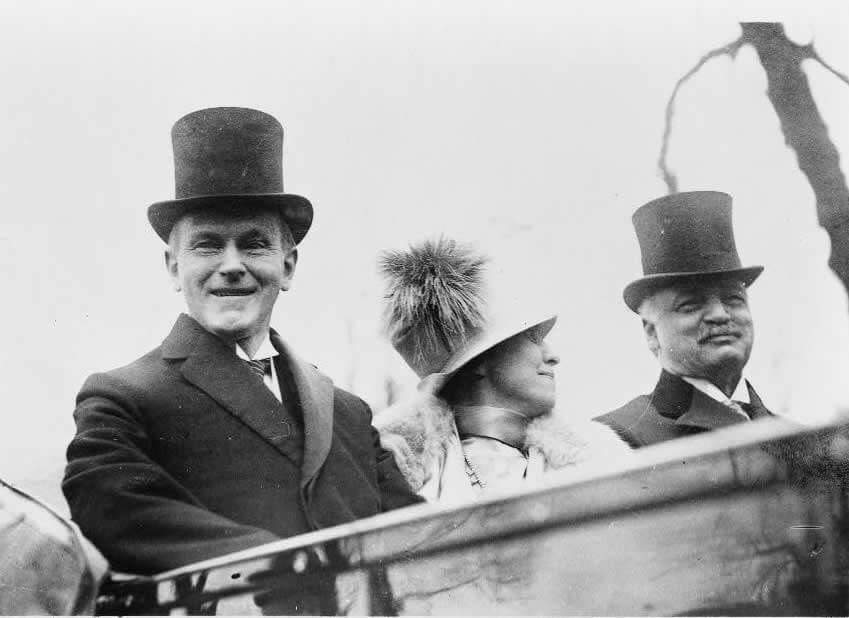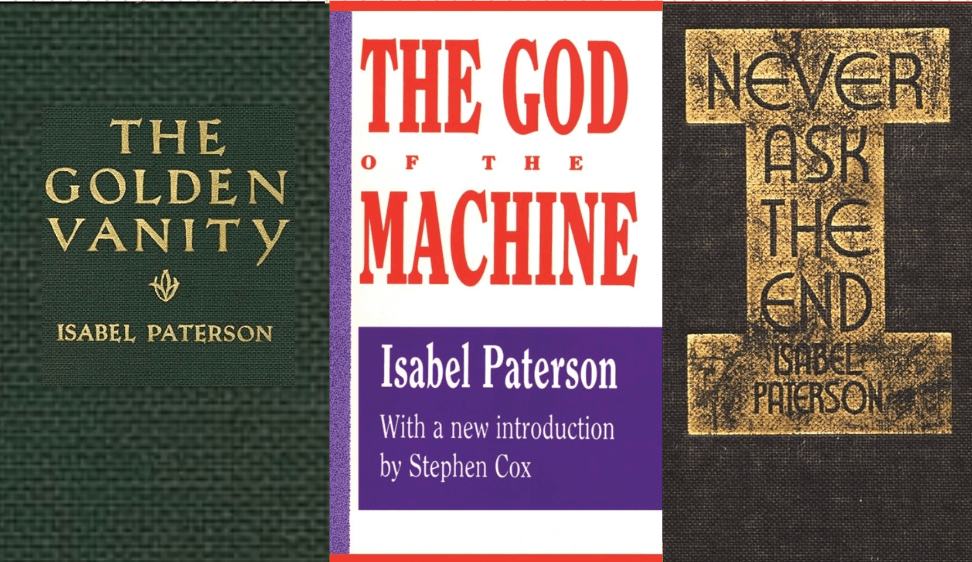Modern Age publisher and Intercollegiate Studies Institute President John A. Burtka IV sits down with Daniel McCarthy, editor-in-chief of Modern Age, to discuss the results of the 2024 election and their implications for America’s future. Why does Donald Trump’s populism resonate so deeply with millions of Americans? What policies should the second Trump administration pursue? And how will Trump 2.0 reshape American conservatism?
In the edited excerpt below, McCarthy considers the future of intellectual conservatism in the new Trump era:
Burtka: The way in which Trump won has significantly changed the conservative ecosystem. What I mean by that is that we didn’t just have four years of Trump and then he went away—we had four years of Trump followed by four years of Trump not as president, and now we are going to have four more years. So really the impact of Trump on the conservative movement is twelve years, which is unusual. We had eight years of Bush and we got a lot of very Bush-flavored conservatism in those years, but it was only eight years. Now with the pick of J. D. Vance being so young and sort of a natural heir to at least this movement moving forward, whether that’s as a presidential candidate himself or as a political figure of another type, you’re potentially looking at a twenty-year period of time where a Trump–Vance agenda could be impacting intellectual conservatism.
How do you think that will change the movement, and what would you say to people who are perhaps more of the traditional fusionist or libertarian mindset who might be concerned about that new reality?
McCarthy: I think it rejuvenates the movement, and it adds life to it that otherwise was starting to slip away. I do feel a high degree of sympathy and empathy for people who came of age in the 1970s and 1980s, people who are twenty and thirty years older than I am, and who have really never left the year 1989. I don’t mean that in a demeaning or insulting way. I mean that you not only had two terms of Reagan but also Reagan’s vice president was then going to become the next president, you had the Berlin Wall come down in 1989 and the Soviet Union itself collapse in 1991, and I think for a lot of conservatives even before Fukuyama’s End of History it already was the end of history because we got all the answers to all the important questions. There was a natural fusionism between small government conservatism or libertarianism on the one hand and social conservatism on the other: if you shrank the government all that would be left would be the traditional institutions of civil society: the families, churches, and the local communities of America. These two things worked perfectly together: if the government shrank, you would have stronger churches and stronger families.
In the twenty-first century we’re facing a very different set of challenges because a lot of those traditional institutions have eroded in the ensuing forty years since the 1980s and the question is: can they be rebuilt? They have to be rebuilt, but we don’t have a perfect way of doing so. What kind of new institutions or arrangements must be made or added to the old ones? What is the role of government in these institutions? Is government something that can sponsor these things, or is government going to be something that crowds out the kind of private initiatives that we need?
These are fundamental questions that the conservative movement was asking before Reagan came on the scene in the Goldwater era and even before in the 1950s, and these are questions that have to be renewed periodically by conservatives because they are fundamental to the process of American government and the process of a being a free people trying to meet our challenges both as a people who are free and therefore independent of state control but also a people who do have a government apparatus for a reason, and that is to serve the public not as an undifferentiated national mass but our states and localities.
I think one of the misunderstandings in right-wing politics at the moment is that a number of people see the label “national conservatism,” which our friend Yoram Hazony has promoted, and they say, okay, nationalism must mean the opposite of localism, it must be the opposite of federalism—but that’s exactly false. Certainly the kind of national conservatism that I would endorse is an antidote to globalism and it actually is a shield and a defense of localism, states’ rights, and local communities, especially the economies of local communities and states because if you have a local economy collapse you’re going to see the family collapse, the churches change their character, and the whole thing come tumbling down. We have new problems now.
There are Old Guard conservatives who are reluctant to look at a very changed environment and to say that it requires changed approaches. But I am encouraged because I think a lot of conservatives in fact have come around not just to the Trump point of view but rather this more populist, more nationalist, more realistic appraisal of where America stands in the twenty-first century. I could name some names—there are some folks who are in their eighties in leadership of conservative institutions who are aware of what went wrong during their own tenure of leadership, and there are others who unfortunately don’t have that awareness. But nostalgia can’t get you very far, and America is in the 2020s and beyond. You can certainly object to Donald Trump and various policies that he might support, but you have to come to the table and you have to make your case anew; you can’t simply pout off in a corner and say this is not the way we would have done it when we thought we were Ronald Reagan—and of course the real Reagan, as you and I have talked about before, was a much more complicated, much more realistic character than the ideologues portray him to be.
Burtka: It is important to see and understand that there is actually continuity between where we’re at as the conservative intellectual movement now and where it was under Ronald Reagan, and I think that Reagan’s leadership is informing a lot of the approaches that our leaders have today, which connects back to the historic roots of the Republican party that go all the way back to Abraham Lincoln and McKinley and Calvin Coolidge.
You can watch the full video here:














